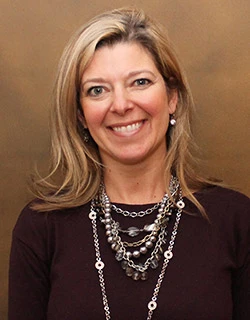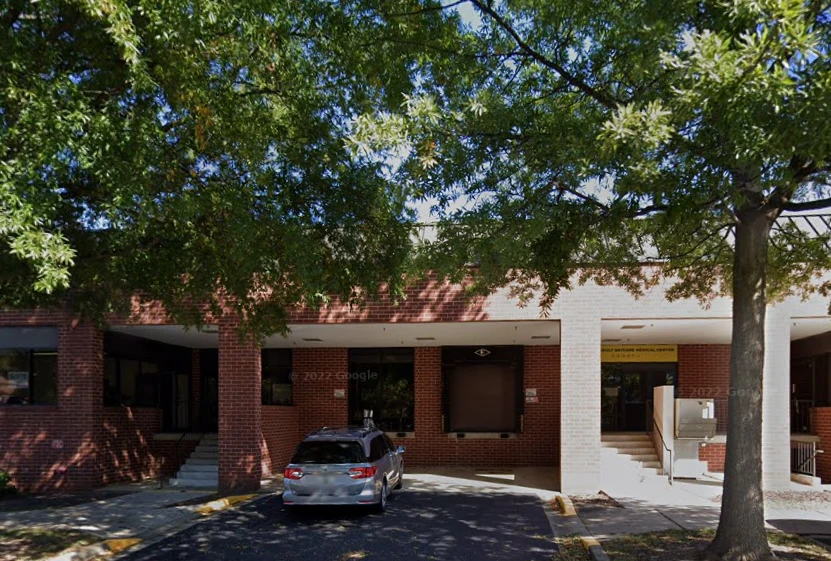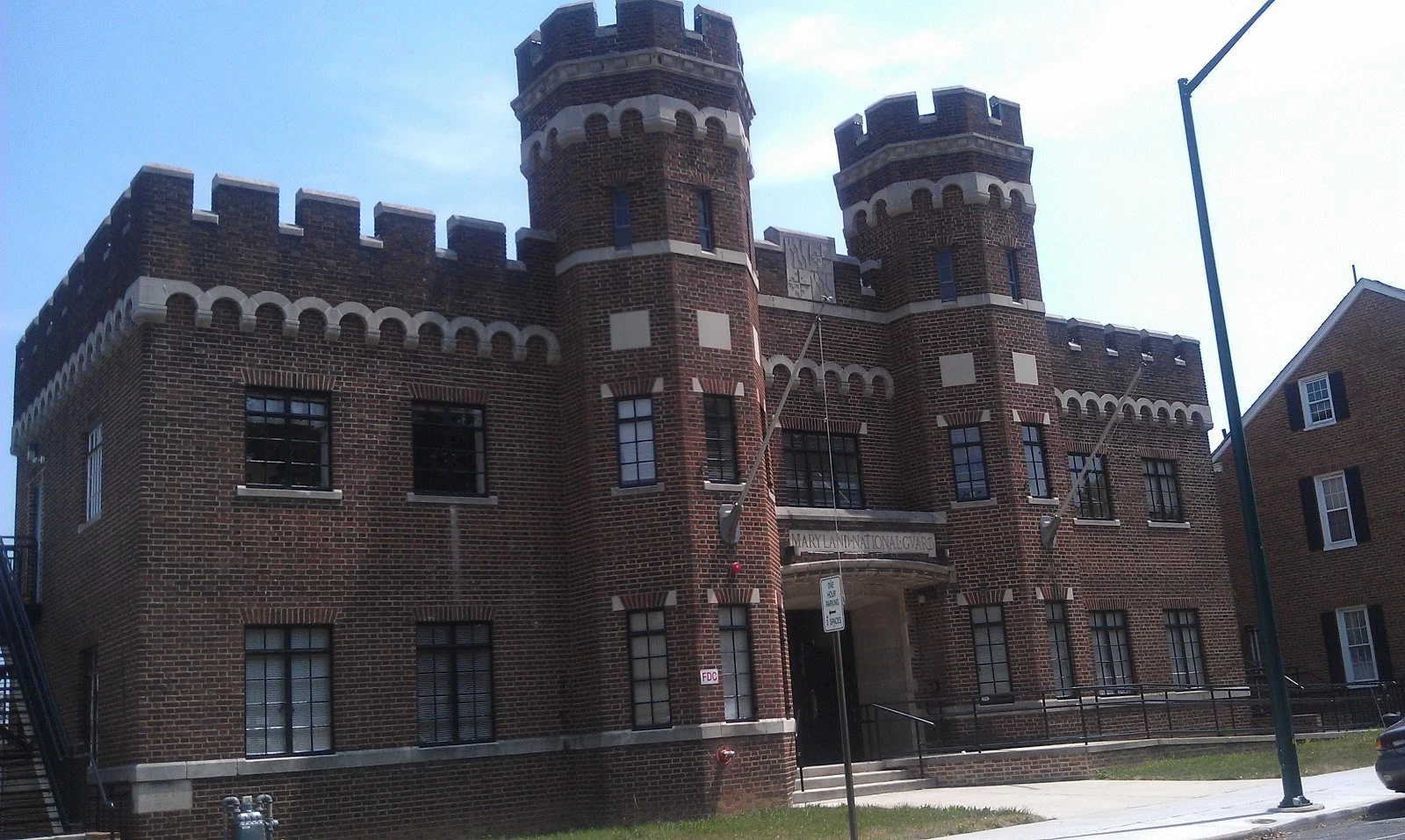The Center for Eating Disorders at Sheppard Pratt Information
Treatment
Who We Treat
- Young Adults (18–25)
- Male and Female
- Professionals
Treatment Focus
- Personality Disorders
- Anxiety
- Co-Occurring Disorders
- Depression
Approaches
- 12-Step-Based
- Evidence-Based
- Therapeutic Community
- Twelve Step
- Couples Counseling
- Cognitive Behavioral Therapy (CBT)
- Art Therapy
- Music Therapy
- Equine Therapy
- Physiotherapy
Conditions We Treat
- Depression
- Anxiety
- Bipolar Disorder
- Post Traumatic Stress Disorder (PTSD)
- Personality Disorder
- Trauma
- Psychosis/Schizophrenia
- ADHD/ADD
- Personality Disorders
- Schizophrenia
- Bipolar
- Eating Disorders
- Co-Occurring Disorders
Substances We Treat
- Alcohol
- Benzodiazepines
- Opioids
- Methamphetamine
- Synthetic Stimulants (Bath Salts)
- Marijuana/Cannabis
- Synthetic Drugs
Languages
- English
Aftercare
- Outpatient Treatment
Experience
On-Site Amenities
- Access to Nature
- Fitness Center
- Gardens
- Outdoor Lounge
- Walking Trails
Personal Amenities
- Air-Conditioned Rooms
- Armchair or Sofa
- Desk
- En Suite Bathroom
- Internet Access
- TV
Off-Site Amenities
- Pool
- Fitness Center
Off-Site Activities
- Rock Climbing
- Yoga
- Adventure Outings
- Swimming
Special Considerations
- Young Adults Program
Additional Locations
Find the best treatment options. Call our free and confidential helpline today!









